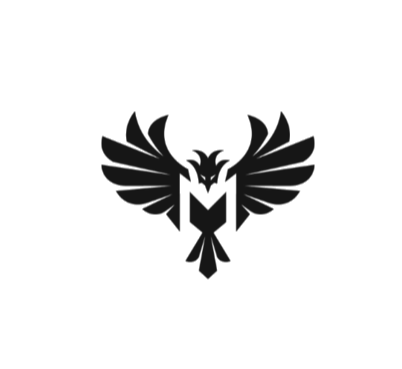
Why Learning Lebanese Arabic is Easier Than You Think
When people think about learning Arabic, they often imagine a difficult and complex language.
But what if I told you that Lebanese Arabic is actually easier than you think?
If you’ve been hesitating to dive in, this article will show you why Lebanese Arabic is one of the most accessible dialects for learners, especially English speakers.
1. No Need to Learn the Arabic Script (If You Don’t Want To)
One of the biggest barriers to learning Arabic is the script. But here’s the good news: Lebanese Arabic can be written in both the Arabic script and Latin script (using Franco-Arabic). Many Lebanese people text and chat online using Latin letters with numbers representing certain Arabic sounds (like "3" for the ‘ع’ sound).
This means you can start learning and communicating in Lebanese Arabic without mastering the Arabic alphabet first.
2. Less Complicated Grammar Than Standard Arabic
Modern Standard Arabic (MSA) has a complex grammar structure, with case endings, verb conjugations for dual forms, and intricate grammatical rules. Lebanese Arabic, on the other hand, simplifies many of these structures:
No case endings: Unlike MSA, Lebanese Arabic doesn’t require you to change the endings of words depending on their function in a sentence.
Simplified verb conjugation: While MSA has multiple forms for verbs depending on gender and number, Lebanese Arabic streamlines many of these forms.
Less rigid sentence structure: You can often phrase sentences more flexibly, making it easier to construct sentences without worrying about strict grammatical rules.
3. Many Words Are Borrowed from French and English
If you already speak English or French, you’ll recognize many words in Lebanese Arabic. Due to Lebanon’s history and cultural influences, Lebanese Arabic incorporates a lot of loanwords from these languages. For example:
French loanwords: "merci" (thank you), "assansor" (elevator), "champion" (winner)
English loanwords: "kompyouter" (computer), "internet", "tikit" (ticket)
This means you’ll have an easier time picking up vocabulary and understanding conversations.
4. Familiar Sounds and Pronunciation
Some Arabic dialects have sounds that can be challenging for English speakers, but Lebanese Arabic is generally easier to pronounce. The dialect tends to soften or drop certain letters that are difficult for non-native speakers. For instance:
The letter "q" (ق) is often pronounced as a glottal stop or replaced with a soft “a” sound, making it much easier to say.
Harsh “th” and “dh” sounds found in MSA are replaced with softer sounds that are more familiar to English speakers.
5. Lebanese Arabic Is Widely Understood
Even if your goal is to communicate with Arabic speakers beyond Lebanon, Lebanese Arabic is one of the most widely understood dialects across the Arab world. Thanks to Lebanese media, music, and TV shows, people from different countries are exposed to it and can understand it relatively well. So learning Lebanese Arabic doesn’t limit your communication, it actually broadens it!
6. Practical and Conversational Focus
Unlike MSA, which is primarily used in formal settings, Lebanese Arabic is used in everyday conversations. This means that what you learn is immediately useful for real-life situations. Instead of memorizing complex literary expressions, you’ll be learning phrases and expressions that help you communicate right away.
7. Engaging and Fun Learning Resources
Lebanese culture is rich in music, TV shows, and social media content that can make learning the language more enjoyable. Instead of just relying on textbooks, you can:
Watch Lebanese TV series and movies with subtitles
Listen to Lebanese pop music and try to pick out familiar words
Follow Lebanese influencers on social media to see how they talk in real life
Conclusion: Lebanese Arabic Is Easier Than You Think!
Lebanese Arabic is one of the most approachable Arabic dialects for learners. With its simplified grammar, flexible writing system, borrowed words, and widespread understanding, it’s a fantastic choice for anyone wanting to start their Arabic journey.
If you’re ready to learn Lebanese Arabic the right way, check out The Spoken Arabic Platform, where we make learning fun, practical, and effective!
Ready to start speaking like a local? Get the FREE Lebanese Arabic book!

Spoken Dialects LLC
600 N Broad St Ste 5
PMB 2111
Middletown, DE 19709
